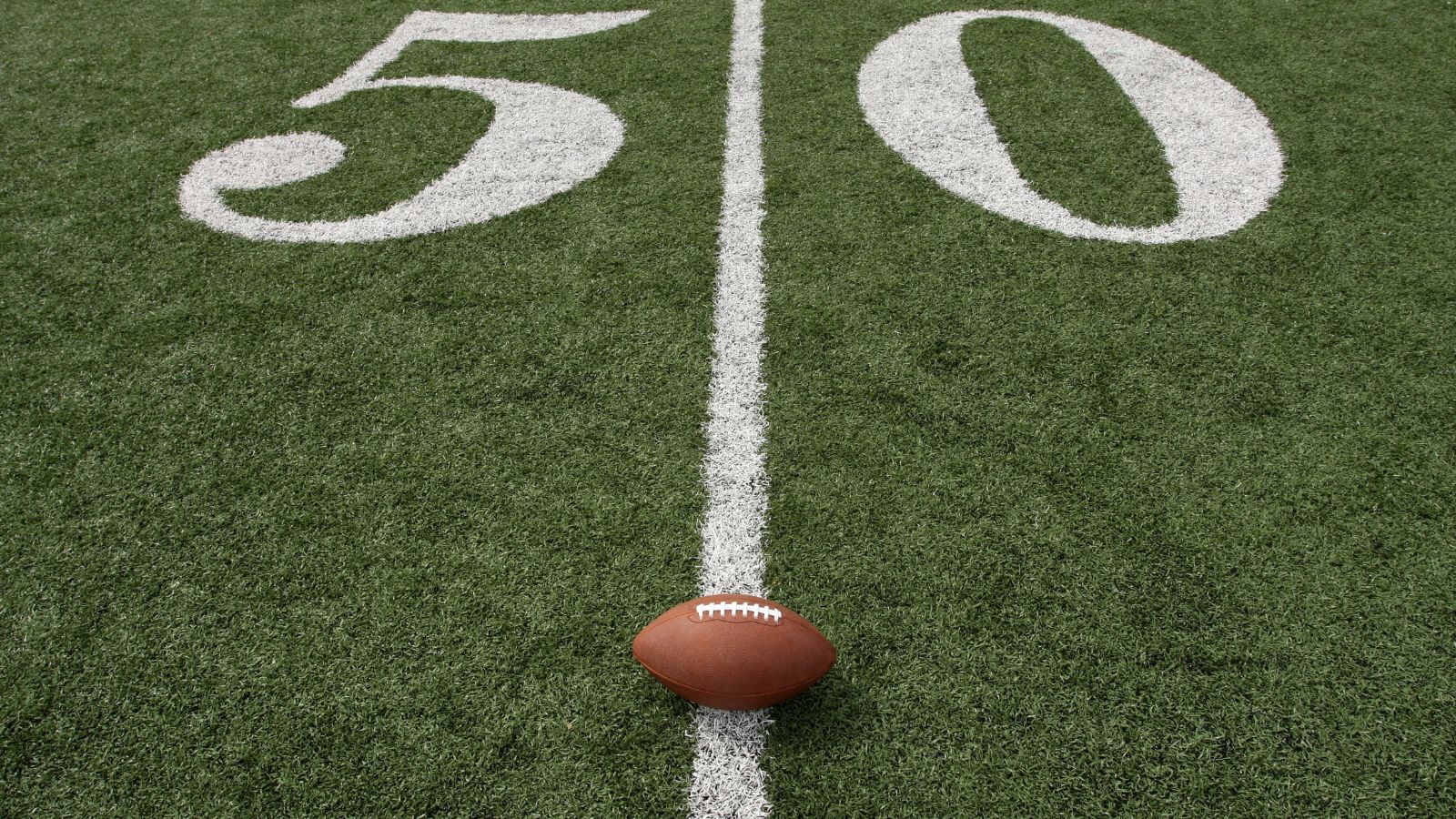Every year, NFL preseason games bring a mix of excitement and skepticism. While many fans dismiss them as glorified scrimmages, sportsbooks and bettors know better.
Preseason performances don’t just showcase rookies or backup quarterbacks; they influence how oddsmakers and bettors approach NFL Week 1 lines. Small moments in August can shift spreads, adjust totals, and create value before the regular season begins. For those serious about sports betting, understanding how preseason results shape Week 1 odds is essential.
Why Preseason Matters More Than Fans Think
The NFL preseason serves as the league’s dress rehearsal. Coaches experiment with lineups, test schemes, and give rookies their first taste of professional football. While the win-loss records don’t matter, the performances do, especially when they highlight weaknesses or unexpected strengths.
Oddsmakers closely monitor these performances because they signal trends that may carry over into the regular season. For example:
- A rookie quarterback who shows poise under pressure may shorten his team’s Week 1 spread,
- An offensive line that allows sacks against second-string defenders could widen totals and point spreads against more formidable opponents,
- Injuries to key starters can completely reshape the betting landscape.
These elements don’t guarantee regular-season outcomes, but they provide data points oddsmakers and bettors use to get ahead of the market.
Preseason Surprises Driving Line Movement
Every preseason produces breakout stars and surprise disappointments. For bettors eyeing NFL Week 1, those surprises are often the catalysts for significant line movement.

Quarterback Battles
When a supposed backup outperforms the starter, sportsbooks are quick to react and adjust the lines. Strong preseason play or a standout training camp performance can elevate an overlooked quarterback into the starting role, changing how bettors and analysts evaluate the team. In turn, point spreads that once reflected uncertainty or low expectations are recalibrated, as the market responds to the new sense of momentum and optimism heading into Week 1.
Defensive Cohesion
When a defense demonstrates sharp communication and the ability to generate turnovers, it signals a unit capable of dictating tempo and disrupting opposing offenses from the start. Oddsmakers take note of that chemistry, and early betting markets often respond with lower Week 1 totals, anticipating a tighter, more defense-driven contest.
Rookie Impact
First-round draft picks who show they can contribute right away inject confidence into both fan bases and betting markets. A rookie making an immediate impact can alter expectations for a team’s ceiling, prompting sportsbooks to adjust Week 1 pricing accordingly. Sharp bettors often look to these situations for early value, stepping in before the broader public shifts the lines and the opportunity disappears.
The Role of Sportsbooks
Sportsbooks don’t just watch preseason games casually; they dissect them. Every snap adds information to the models’ oddsmakers use to set lines. That’s why bettors following preseason closely often notice subtle shifts in spreads and totals.
For instance, FanDuel NFL odds are updated in real time based on injury reports, standout performances, and even coaching decisions. A head coach who treats the preseason with intensity, playing starters longer, sends a signal that sportsbooks can’t ignore. Conversely, conservative coaches who hide their playbooks may keep their teams undervalued until Week 1.
For bettors, tracking these odds across the preseason provides an edge. Catching a favorable number early, before sportsbooks tighten lines, is a hallmark of successful NFL betting.
How Injuries Alter Week 1 Betting Outlook
No factor changes NFL Week 1 odds faster than injuries. Preseason is notorious for season-altering setbacks: a starting running back tearing an ACL, a cornerback suffering a hamstring pull, or an offensive lineman rolling an ankle.
When these injuries occur, sportsbooks react instantly:
- Spreads widen if a star quarterback or skill player is sidelined,
- Totals drop if key offensive linemen go down,
- Defensive injuries often cause totals to rise, anticipating weaker resistance.
Smart bettors don’t just track injuries; they anticipate how they ripple across the roster. A quarterback’s injury isn’t just about him; it affects receivers, running backs, and play-calling. Preseason health reports are often the most transparent window into the value of Week 1.
Coaching Trends That Matter
Coaching philosophy in the preseason also carries weight. Some coaches, like John Harbaugh, are known for taking preseason games seriously, building culture, and testing schemes aggressively. Others treat August strictly as an evaluation tool, resting starters and hiding strategy.
Oddsmakers and bettors alike consider these tendencies when projecting NFL Week 1. A team that looked sharp and organized in August is more likely to carry that discipline into the opener. Conversely, a sloppy preseason full of penalties and missed tackles often foreshadows early struggles. This creates exploitable angles for bettors who track coaching trends year over year.
Market Timing: Why Early Action Pays
Timing is everything in sports betting, and nowhere is that clearer than in preseason-driven line movement. The earliest NFL Week 1 lines often shift dramatically between late August and kickoff in September.
Early bettors who recognize undervalued teams can capitalise on favorable spreads. Late bettors may face “inflated lines” once the public pushes odds toward one side.
This dynamic makes following preseason performances crucial. Bettors who act decisively can capture value before sportsbooks and casual fans correct the market.
Case Studies: Preseason Effects in Past Seasons
Looking back helps illustrate the impact preseason performances have had on Week 1 betting markets:
- Dak Prescott (2016): When Tony Romo went down with a preseason injury, Prescott’s strong preseason immediately shifted the Cowboys’ Week 1 line. Bettors who trusted his performance were rewarded.
- Baker Mayfield (2018): His preseason flashes helped shorten spreads for Cleveland, signaling a turning point for the franchise.
- Baltimore Ravens Defense (2021): A dominant preseason showing from backups hinted at depth, lowering totals and spreads in early-season matchups.
These examples demonstrate that preseason narratives have a significant influence on how NFL Week 1 betting unfolds.
Preseason as the Bettor’s Edge
While casual fans dismiss August football, sharp bettors know better. Preseason performances provide invaluable insights that shape the betting market for NFL Week 1. From injuries and coaching trends to breakout players and oddsmaker adjustments, the groundwork for profitable wagers is often laid before the regular season kicks off.
The key is to watch closely, react quickly, and distinguish between signal and noise. Those who treat the preseason as more than just exhibition games consistently find themselves holding the best numbers when Week 1 arrives.

